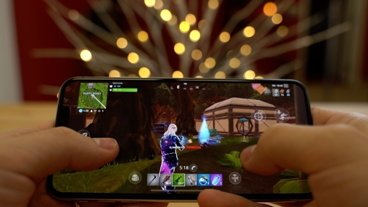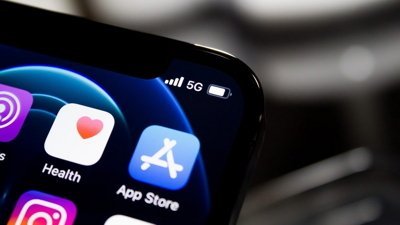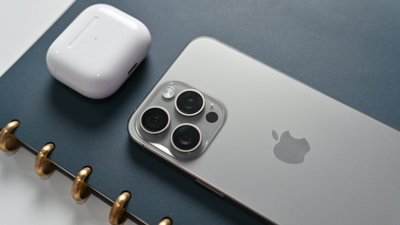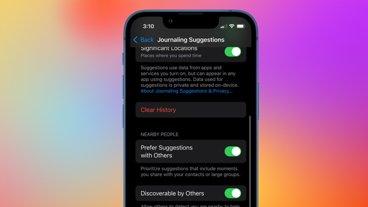Apple: Misdirected iMessages due to bad configuration, not a software bug
A report by Jim Dalrymple of The Loop notes that a situation where messages from an Apple Store employee were being directed to another user's iPhone were the result of the employee failing to follow directions while troubleshooting the customer's device.
The employee installed his personal SIM card in the customer's phone, linking the device to his Apple ID account in a way that resulted in his subsequent iMessages, including photos, being relayed to the customer's device.
the report cited Apple representative Natalie Harrison as saying, "this was an extremely rare situation that occurred when a retail employee did not follow the correct service procedure and used their personal SIM to help a customer who did not have a working SIM. This resulted in a temporary situation that has since been resolved by the employee."
Apple noted that to prevent such a situation, users should "toggle iMessage on and off" in the Settings app of any iOS 5 device configured to their Apple ID before it is given away or sold.
iMessageGate
The situation was profiled by Gizmodo as being a "the Apple bug that let us spy on a total stranger's iPhone." The website, notorious for creating and promoting controversies related to Apple with catchy names pattered after the Watergate scandal, actually knew who the stranger was and why it was occurring.
Presumably, it also knew how to stop spying on the Apple employee by turning off access to his account messages. Instead, the site chose to monitor and publish unflattering photos and and personal text conversations of the employee, actions which could expose the author to legal liability related to "publication of private facts" and "misappropriation of name or likeness," a form of privacy invasion.
Gizmodo and its Gawker Media parent previously escaped criminal charges for its role in paying for stolen property and refusing to return it in the case of Apple's iPhone 4 prototype after the San Mateo County district attorney's office decided not to file charges against the group and risk instigating an expensive trial over the rights of members of the media.
District Attorney Steven Wagstaffe did however note that "it was obvious [Gizmodo staff] were angry with the company about not being invited to some press conference or some big Apple event. We expected to see a certain amount of professionalism. This is like 15-year-old children talking," he said.
Wagstaffe added, "there was so much animosity, and they were very critical of Apple. They talked about having Apple right where they wanted them and they were really going to show them."
 Daniel Eran Dilger
Daniel Eran Dilger










 Chip Loder
Chip Loder
 Andrew Orr
Andrew Orr
 Christine McKee
Christine McKee
 Marko Zivkovic
Marko Zivkovic

 Mike Wuerthele
Mike Wuerthele
 William Gallagher
William Gallagher







